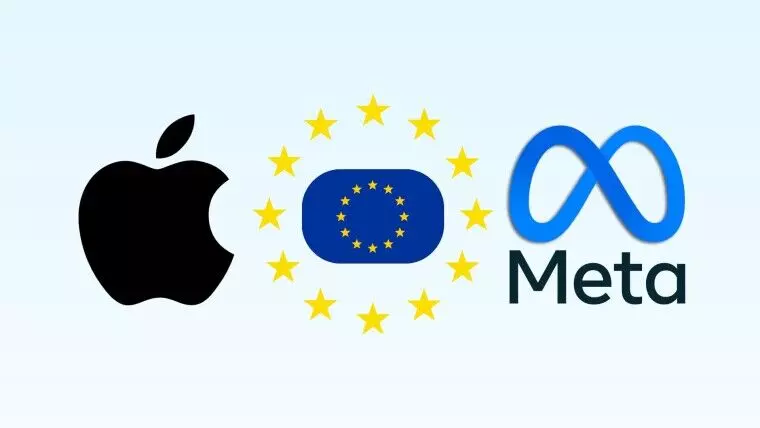Apple vs. Meta: Privacy vs. Interoperability Under the EU’s Digital Markets Act

Apple has raised concerns over Meta’s interoperability requests, claiming they could compromise user privacy under the EU’s Digital Markets Act. Read more on this growing privacy debate.
Apple has raised concerns over Meta’s interoperability requests, claiming they could compromise user privacy under the EU’s Digital Markets Act. Read more on this growing privacy debate.
Apple has raised concerns about potential misuse of the European Union’s Digital Markets Act (DMA), alleging that Meta Platforms’ interoperability demands could jeopardize user data privacy. In a statement released late Wednesday, the iPhone maker highlighted Meta’s numerous requests for access to Apple’s proprietary technology stack.
Apple claimed Meta had filed 15 separate requests to enable interoperability with features such as iPhone mirroring, AirPlay, and Bluetooth connectivity across Apple devices.
According to Apple, granting these requests could give Meta access to sensitive user information, including messages, emails, photos, and even passwords. The company warned that such access would erode privacy protections for users of its devices.
The DMA, which came into force earlier this year, aims to promote competition by requiring major technology companies to open their ecosystems to third-party developers. As part of the regulatory framework, the EU is seeking to ensure that Apple’s operating systems, including features like iOS notifications and AirDrop, are accessible to external platforms.
Andy Stone, a Meta spokesperson, countered Apple’s claims in a post on X (formerly Twitter). He argued that Apple’s stance reflects resistance to interoperability and accused the company of using privacy arguments to shield anti-competitive practices.
The European Commission, which oversees the implementation of the DMA, released preliminary recommendations for Apple to align with the new rules. These include making its systems interoperable without adding unnecessary complexity for users or developers. The proposals remain subject to input from Apple and other stakeholders before finalization.














